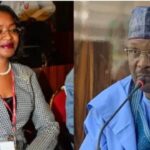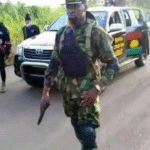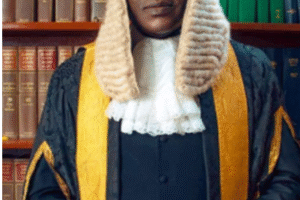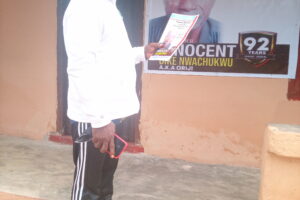Which way Nigeria As South East Silenced on contributive Effectiveness
South East Cries Out as Will to rebrand the shrinking economic growth of the Country
Deliberate Suppression of Development in the South-East: A Call for Equity and Justice
By Prof. B. Chima Onuoha
University of Port Harcourt | May 19, 2025
There is growing concern over what appears to be a systematic suppression of the South-East region of Nigeria, with policies and practices that continue to limit opportunities for development, progress, and national inclusion. Below are key issues that deserve urgent national reflection and redress:
- Structural Inequity: Nigeria’s leadership continues to fall short of upholding equity, justice, and fairness. The system is marked by exclusion and favoritism, often to the detriment of the South-East.
- Post-War Marginalization: Since the end of the Civil War in 1970, successive administrations have implemented policies that many view as deliberately anti-Igbo, hindering the region’s recovery and development.
- Disparity in State and LG Allocations: The South-East remains the region with the fewest states and local government areas, a structural disadvantage that affects federal representation, funding, and development projects.
- Exclusion from Strategic National Roles: The South-East has been conspicuously underrepresented in critical ministries, departments, and agencies of the Federal Government, including strategic appointments.
- Neglect in Infrastructure Development: Federal infrastructure in the region remains grossly inadequate — poor road networks, lack of seaports, railways, and key military or educational institutions further isolate the region economically and strategically.
- Educational Discrimination: For decades, Igbo students have faced some of the highest and most unjustifiable cut-off marks for admission into federal institutions and employment, placing them at a systemic disadvantage.
- Targeting of Educational Excellence: Recent technical failures reported by JAMB in the South-East — and parts of Lagos with large Igbo populations — raise red flags. These “human errors” are consistently affecting one region and undermining a key area of Igbo strength: education.
- Calls for Transparency: Many Nigerians are demanding thorough investigations into these recurring JAMB errors. Transparency and accountability are essential to restoring trust in national institutions.
- Comparative Case Study – Singapore: The South-East’s situation bears similarity to Singapore’s in 1965, when it was pushed out of Malaysia. Despite initial disadvantages, Singapore rose to prosperity. Yet, Nigeria resists similar autonomy or support for the South-East, despite decades of systemic neglect.
- Security Siege: The region is heavily militarized, with countless checkpoints resulting in extortion and harassment of commuters. This not only dehumanizes citizens but also disrupts economic activities.
- Violence and Insecurity: The region suffers unchecked attacks by armed herdsmen who destroy farmlands and lives with little to no consequences. Political leaders often appear silent, compromised, or overwhelmed.
- Exclusion from Key Boards: Recent appointments to vital institutions, such as the National Population Commission, have reportedly excluded representatives from the South-East, perpetuating feelings of alienation.
- Disruption of Public Exams: The last-minute changes to UTME centers in Imo State — Nigeria’s most literate state and a top contributor to national exam enrollment — disrupted thousands of students’ futures. Such incidents cannot simply be dismissed as administrative lapses.
- A Nation at Risk of Radicalizing Its Citizens: As observed in Abolaji Rasaq’s article, “Nigeria is Radicalizing the Igbo, One Injustice at a Time”, there is a growing sentiment that persistent marginalization is fostering resentment and disillusionment, especially among the youth.
Despite the hardships, the South-East remains peaceful, industrious, and resilient. However, continued exclusion may push the region further to the margins of national consciousness, with serious implications for unity and stability.
As always, I come in peace — but with a firm call for justice.















Add Comment